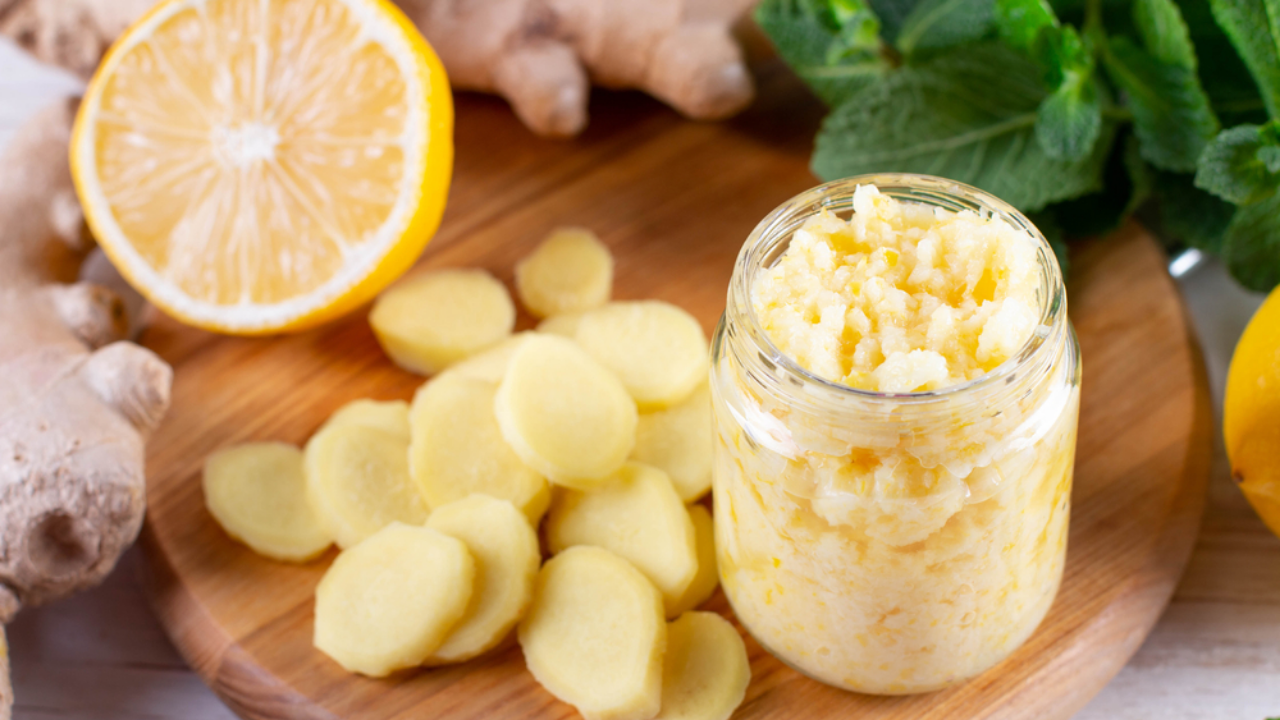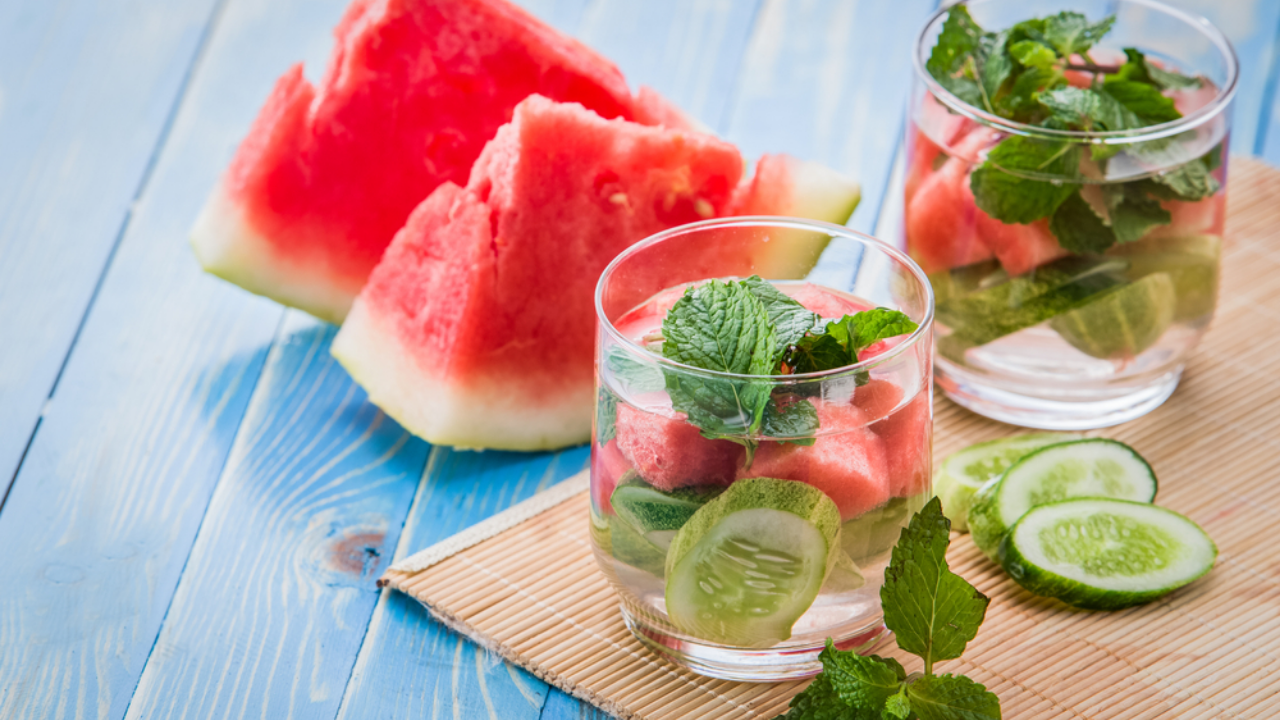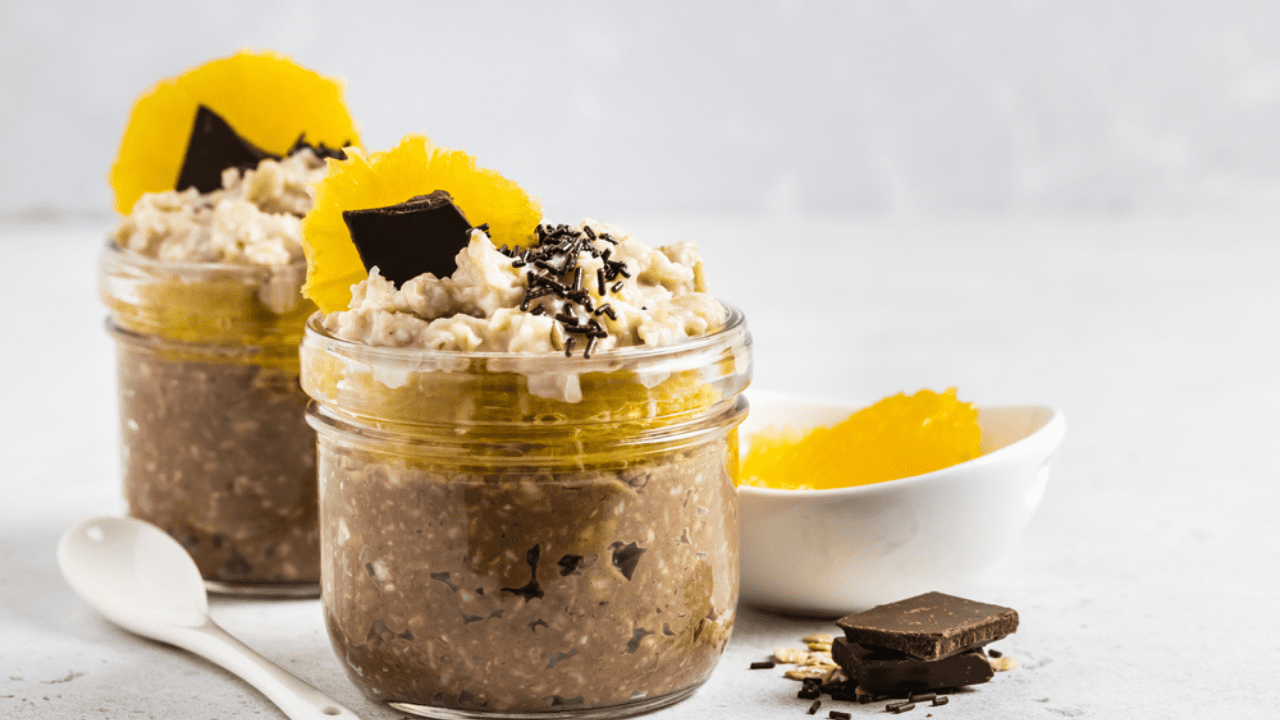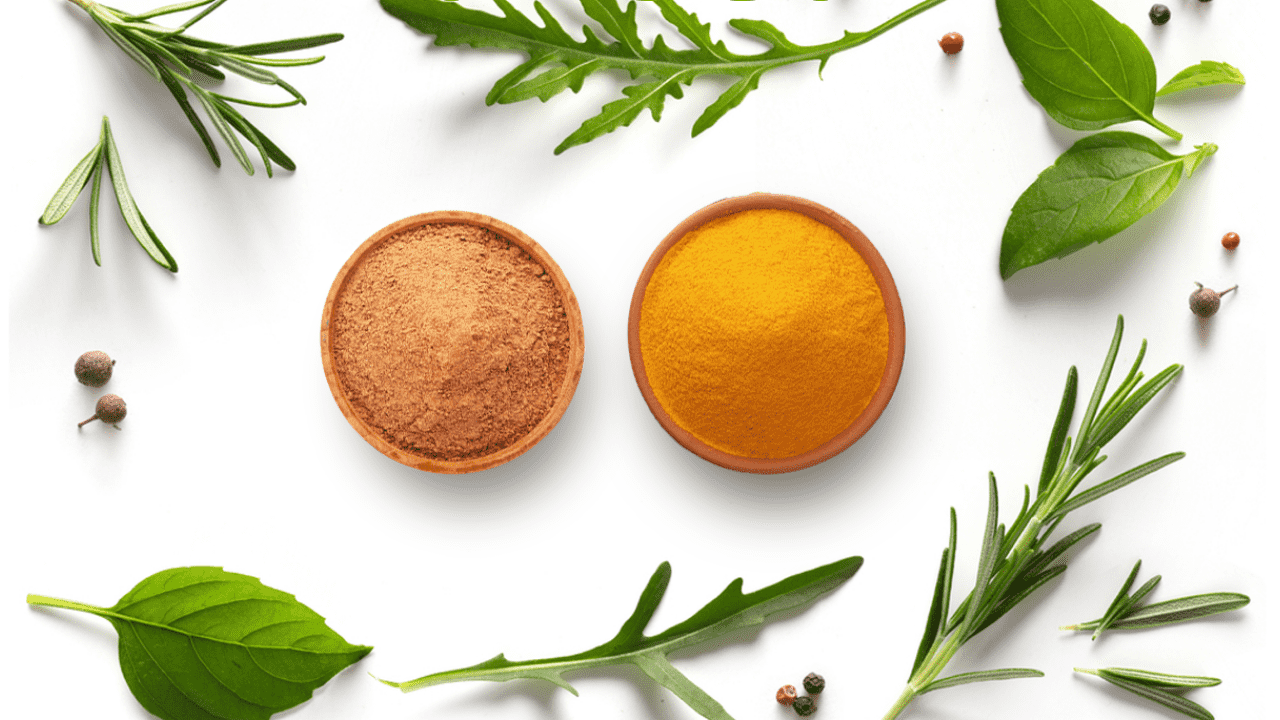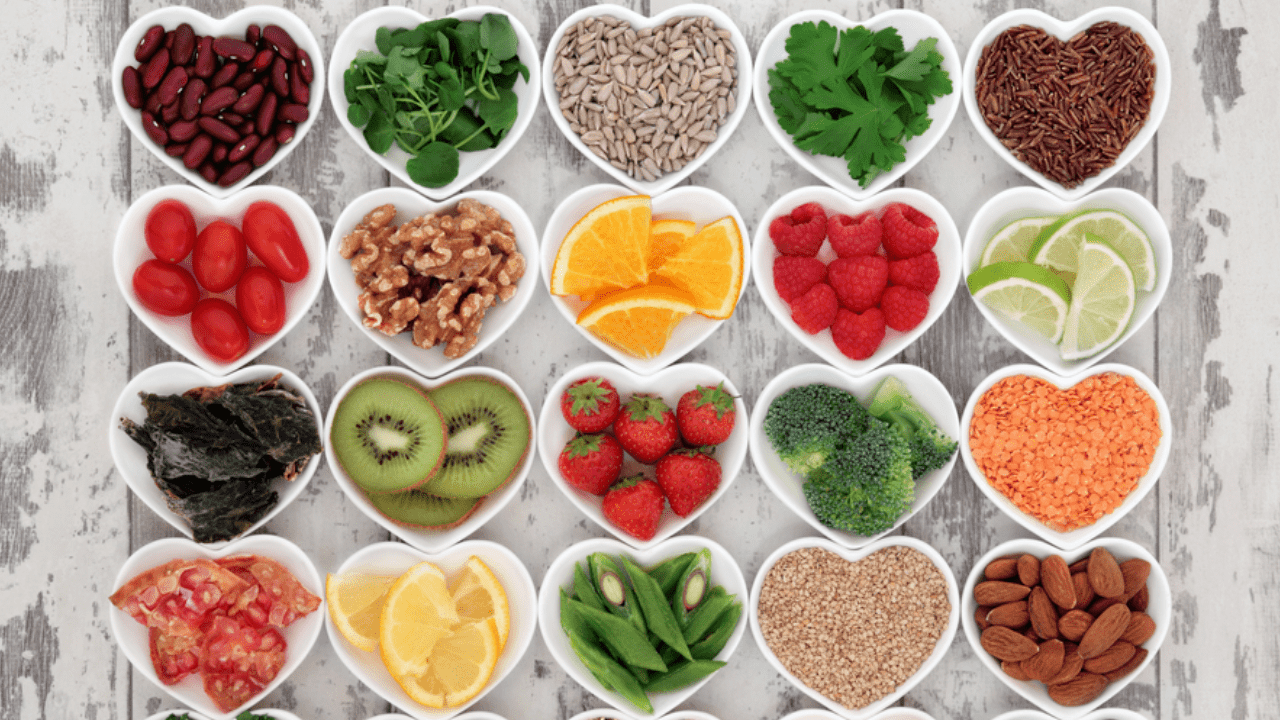
For so many decades now, Doctors, Dietitians & Nutritionists have advised a low-fat diet as the key to losing weight, managing cholesterol, & preventing health problems. But more than just the amount of fat, it is the type of fat you eat that really matters. Bad fats (trans fats) increase cholesterol & your risk of certain diseases, while good (unsaturated) fats protect your heart & support overall health.
In fact, Healthy fats—such as omega-3 fats—are essential to both physical & emotional health.It is important to choose foods with “good” unsaturated fats, limit foods with saturated food, & completely avoid the “bad” trans fat. Including a healthy variety of fats in the diet & eating the right foods is the pathway to a “ Healthy Heart”.
SUPERFOODS FOR YOUR HEART
-
Soy Protein: To help your heart stay healthy, Soy foods are cholesterol-free, low in saturated fat, & contain high-quality protein, essential fatty acids, dietary fiber, among other nutrients. Soy protein not only lowers blood cholesterol but has been found to contribute to increasing good cholesterol (HDL) & lowering triglyceride levels. You can eat soybean in the form of curries, roasted snacks or even in salads. Other soy products include soy milk, tofu, & nuggets.
-
Oatmeal: Apart from being rich in several essential nutrients, Oats are loaded in dietary fiber. In fact, Oats contain a specific type of fiber called beta-glucan that is known to help lower levels of bad cholesterol. A half-cup daily serving of oatmeal contains very low calories & keeps body weight at a healthy level. You can opt for Oatmeal as a sweet or savory porridge. In fact, Oatmeal flour can even be used to make pancakes, dosas, & rotis. It definitely bags points for versatility.
-
Green tea: A steaming cup of green tea is is rich in phytochemicals like catechins & flavonoids. Phytochemicals are compounds found in plant foods & are defense mechanisms of plants. These can prevent several degenerative diseases in the human body, including cancer & cardiovascular ailments. So people drinking two cups of green tea a day are at a lower risk of getting heart attacks.
-
Carrots: Rich in carotenoids, Carrots are known for lowering the risk of heart disease. They not only contain beta-carotene but also alpha-carotene & lutein, both of which play the role of antioxidants in the body. The regular consumption of carrots also reduces cholesterol levels because the soluble fibers in carrots bind with bile acids & flush them out of the body via feces.
-
Broccoli: This green vegetable is high in fiber, & contains a wealth of antioxidants. The carotenoid lutein slows down or prevents the thickening of arteries in the human body, thus putting up a good fight against heart disease & stroke. The Vitamin B6 & folate present in broccoli give an anti-inflammatory effect & reduce the risk of atherosclerosis, heart attack, & stroke.
-
Spinach: A pigment called lutein that is found in spinach has been shown to reduce the occurrence of atherosclerosis, heart attacks, & strokes. This is due to the fact that spinach tends to reduce the cholesterol & other fat deposits in the blood vessels. This dark green leafy vegetable is also high in vitamins, minerals, & antioxidants.
-
Nuts: Nuts can lower the low-density lipoprotein (LDL, or "bad") level in their blood. High LDL is one of the primary causes of heart disease. Eating a handful of nuts may reduce your risk of developing blood clots that can cause heart attacks. Nuts also appear to improve the integrity of your arterial walls. All nuts contain fiber, which helps lower your cholesterol. Unsalted nuts are beneficial.
-
Extra-virgin olive oil: Olive oil contains good fats- monounsaturated fatty acids, which help to lower the levels of total blood cholesterol, LDL-cholesterol, & triglycerides. At the same time, it does not alter the levels of HDL-cholesterol or the “good cholesterol” known for its protective role of preventing the formation of fatty patches, thus stimulating the elimination of the low-density lipoproteins.
-
Blueberries: Blueberries are clearly a delicious way to keep your heart healthy. The antioxidants in blueberries work to reduce the buildup of "bad" LDL cholesterol in artery walls & help to reduce the risk of cardiovascular disease & heart stroke.
-
Salmon: Oily fish such as salmon contain omega-3s. This fat is believed to reduce the risk of developing cardiovascular disease by lowering the levels of triglycerides & free radicals in the body. Omega-3 fatty acids prevent blood clots making the heart less vulnerable to life-threatening irregular heart rates.
GOOD FATS
Monounsaturated fats & polyunsaturated fats are known as “Good Fats'' because they are good for your heart, & your overall health. These help to lower both total & LDL cholesterol & helps increase HDL cholesterol, also normalized blood clotting. Thus, make sure you maintain a perfect MUFA: PUFA ratio & take care of your body, as that’s the only place you live in!
MONOUNSATURATED FATTY ACIDS:
- Olive oil
- Canola Oil
- Groundnut Oil
- Sesame oil
- Avocados
- Nuts (Almonds + Peanuts + Cashew nuts)
POLYUNSATURATED FATTY ACIDS:
- Soya bean oil
- Corn oil
- Safflower oil
- Walnuts
- Flax seeds
- Fatty fish (salmon, sardines, mackerel, tuna)
EAT RIGHT & FIGHT FOR EVERY HEARTBEAT!



